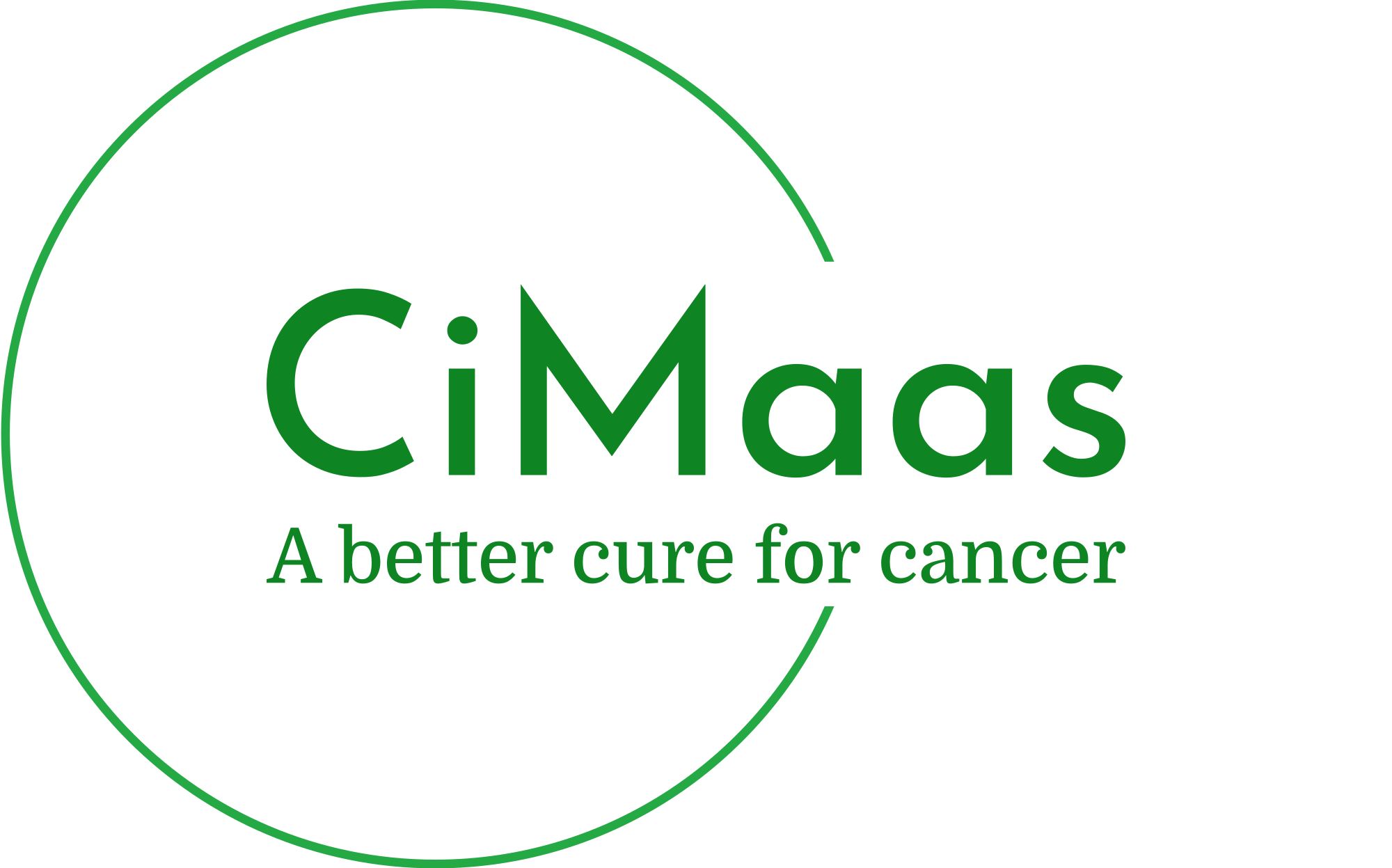MAASTRICHT, Mercurius Beleggingsmaatschappij B.V. and Werker Beleggingsmaatschappij B.V. invest in CiMaas B.V. to realize cancer immunotherapy.
CiMaas is now able to start a clinical trial in late 2017 for lung cancer patients with a cellular vaccine that will stimulate the patients’ own immune system to fight the disease.
CiMaas started in 2015 as spin-off of the Maastricht University Medical Center (MUMC+) on the basis of a Proof of Concept loan of the Valorization Fund Zuid-Limburg (VPZL) and two Proof of Principle grants of the Limburg Business Development Fund (LBDF). CiMaas is focused on the development of immunotherapy against cancer. Cellular immunotherapy is based on the activation of the immune system enabling immune cells to fight cancer in patients.
“With this important investment of Mercurius Beleggingsmaatschappij and Werker Beleggingsmaatschappij, CiMaas is now able to start a trial in 2017 for lung cancer patients with a cellular vaccine that will stimulate the patients’ own immune system to fight the disease” according to Prof Gerard Bos, CEO of CiMaas. “With these new financial resources we can further develop our donor Natural Killer cell therapy and make it ready for clinical studies with Kahler’ disease (multiple myeloma) and breast cancer patients” says Dr. Wilfred Germeraad, CSO of CiMaas.
As third development program, CiMaas currently has an antibody in pre-clinical development that may enhance the effect of Natural Killer cells against various cancer cells. “This significant investment enables CiMaas to bring promising immunotherapies an important step closer to patients in need of new treatment options” says Dr. Yvo Graus, COO of CiMaas.
“Being able to execute a first clinical study with cell therapy for lung cancer and to take further development steps towards clinical studies with Natural Killer cells underlines our optimism on the feasibility” concludes the CiMaas management team. “If clinical studies are successful, the remaining time required to being able to apply these new therapies in patients will become increasingly shorter and that is of great importance” says Gerard Bos.
